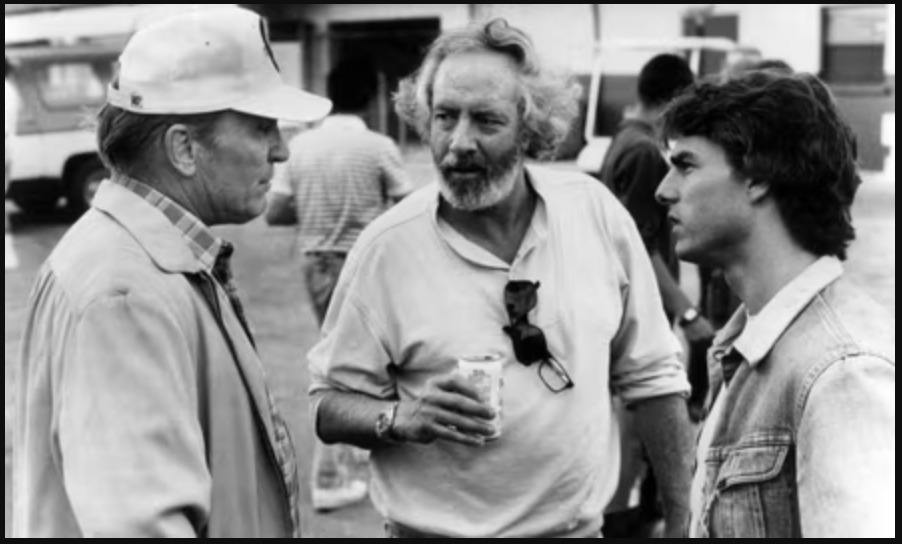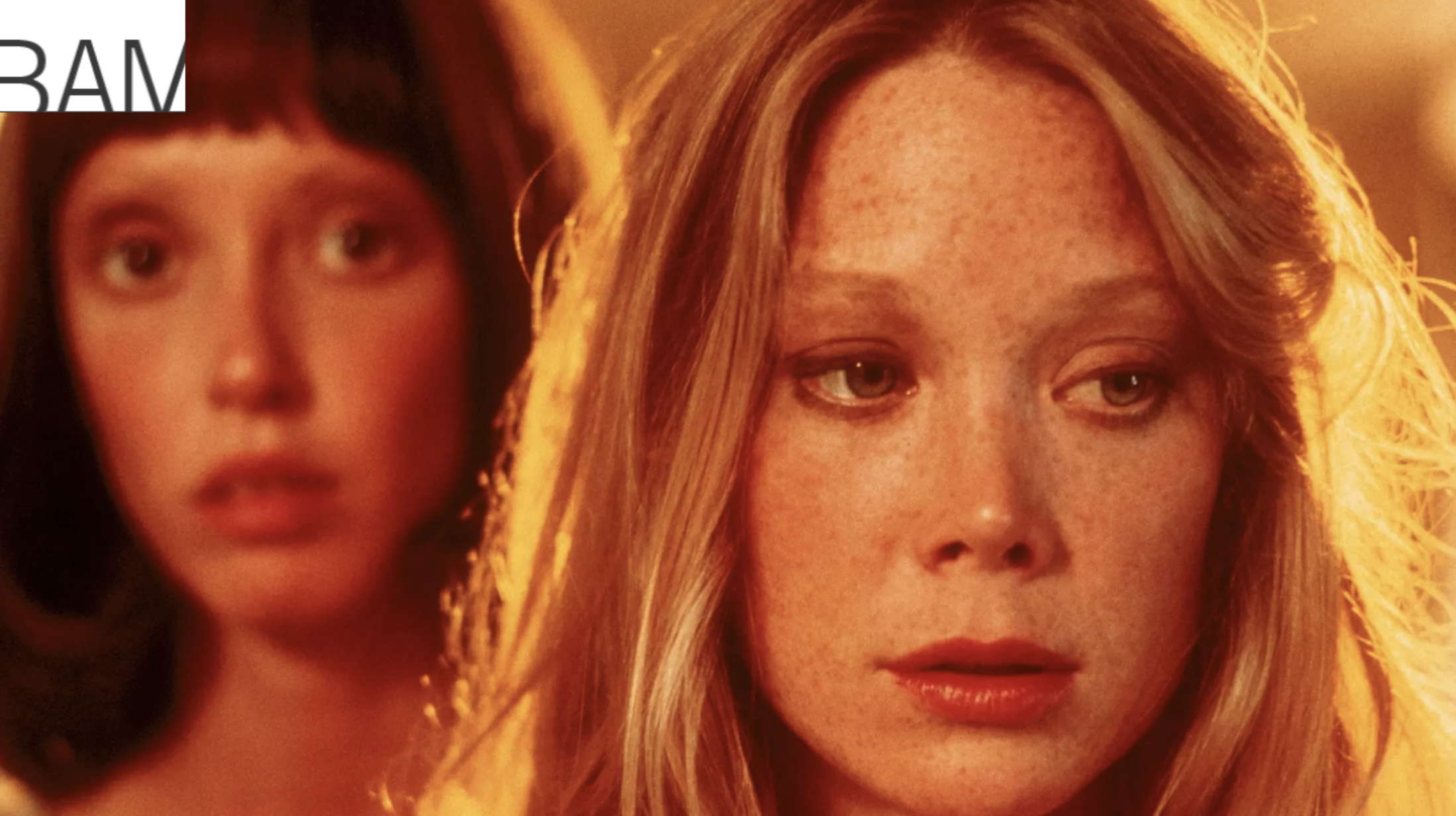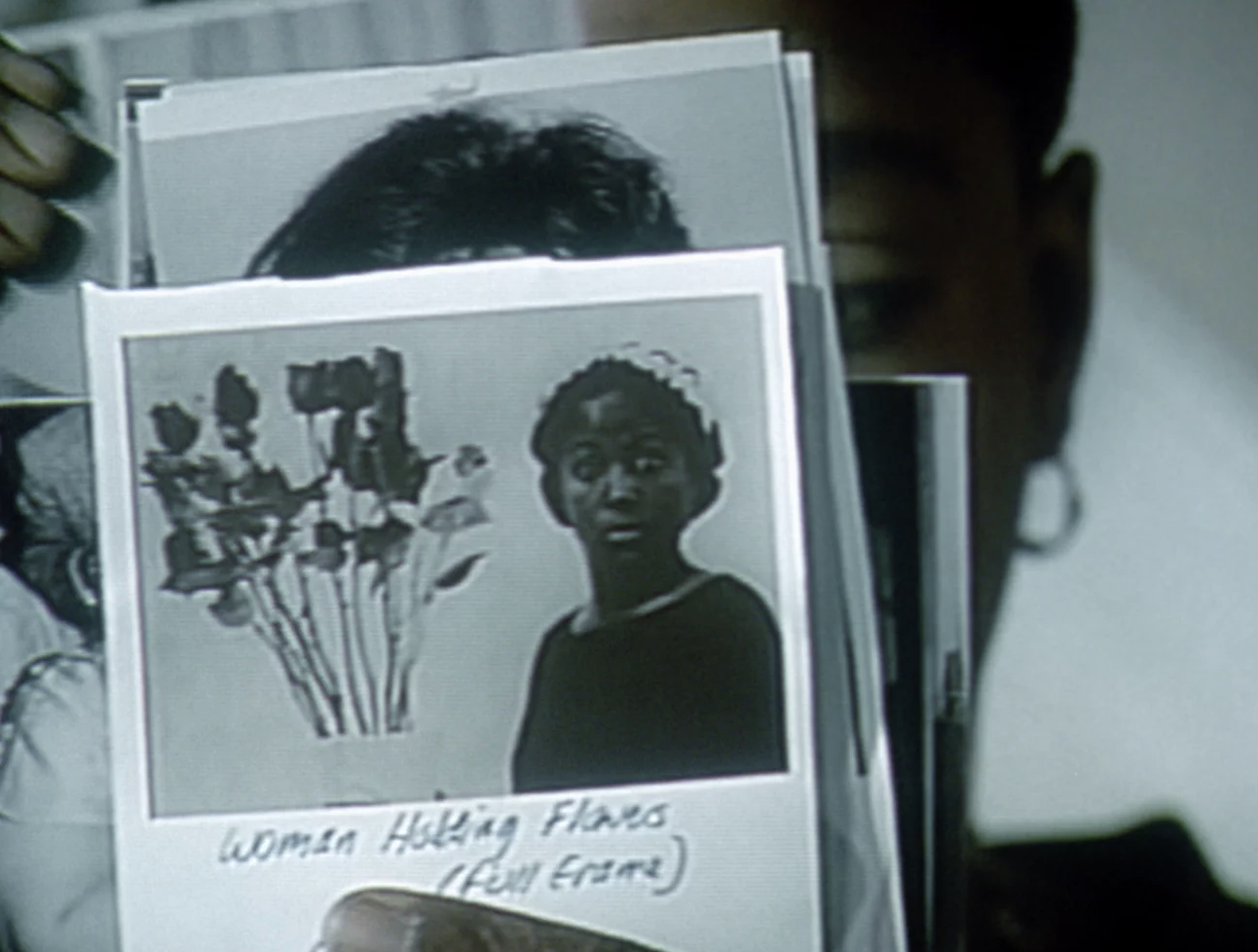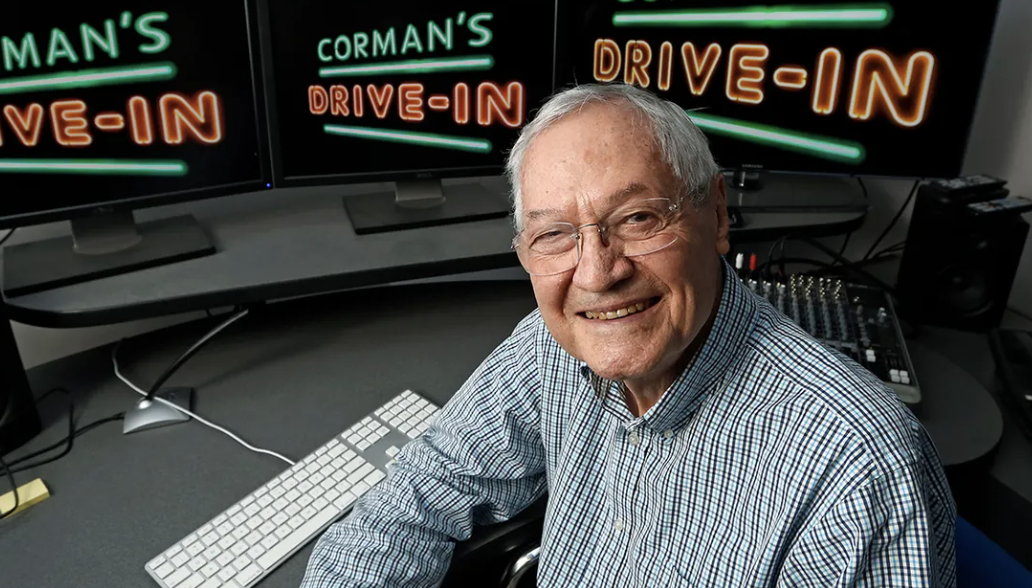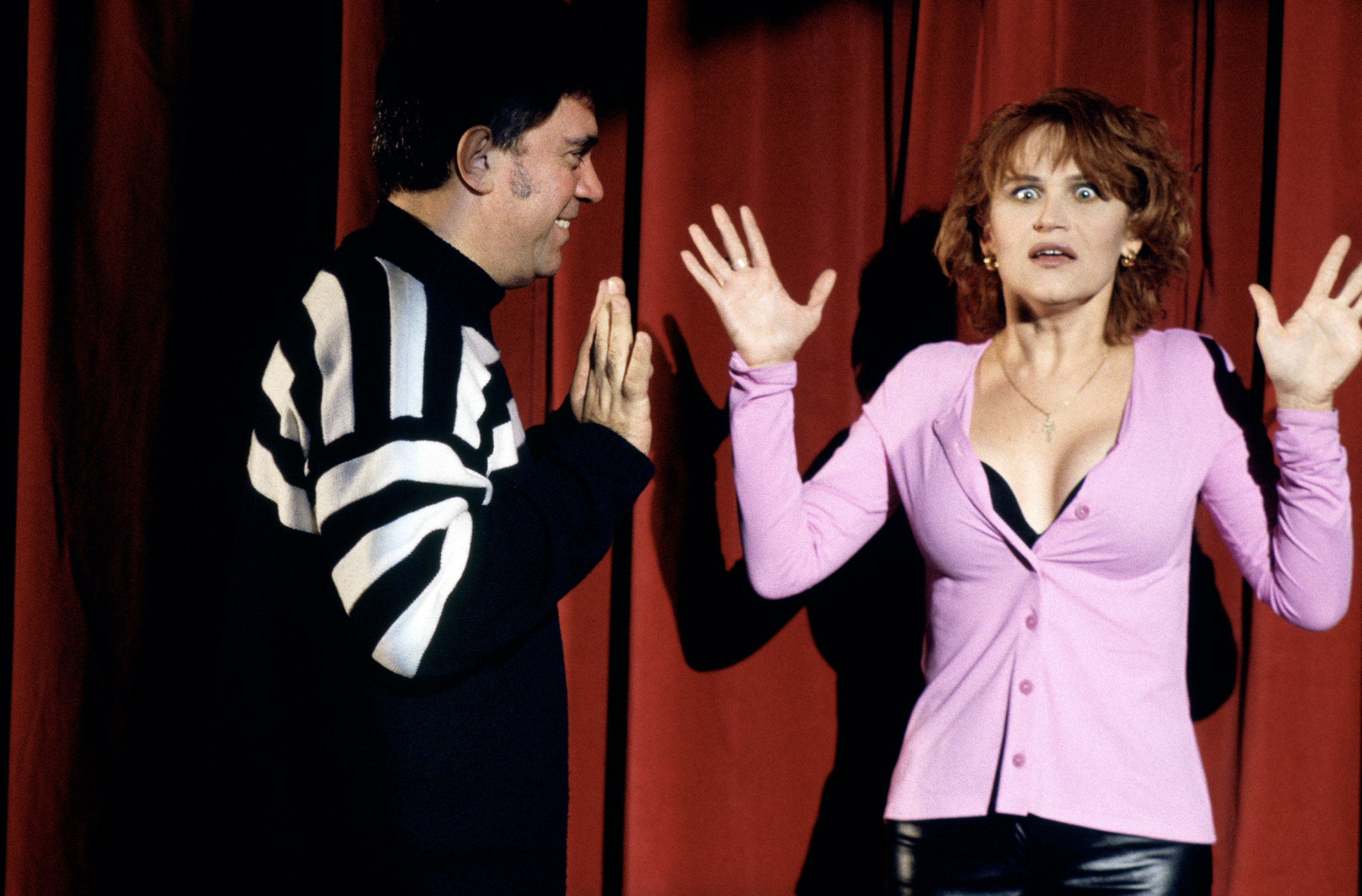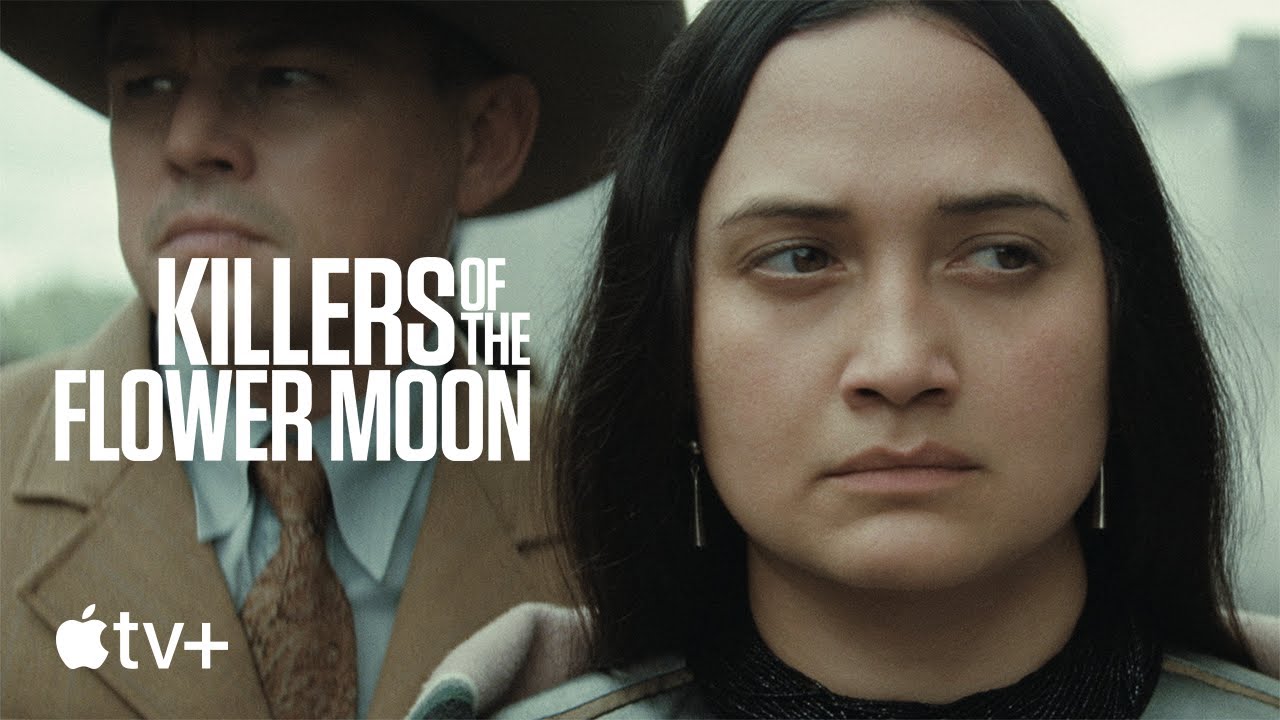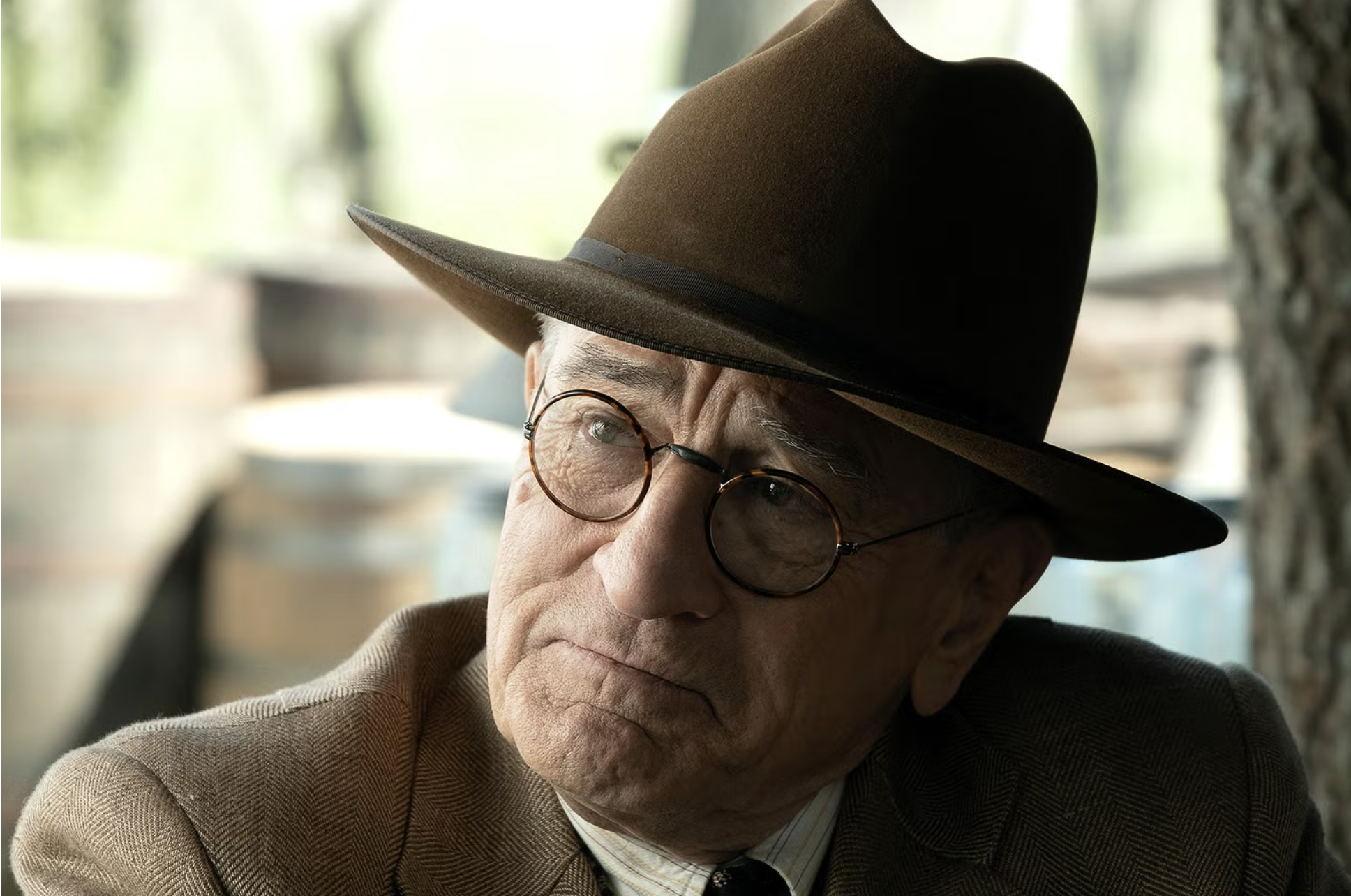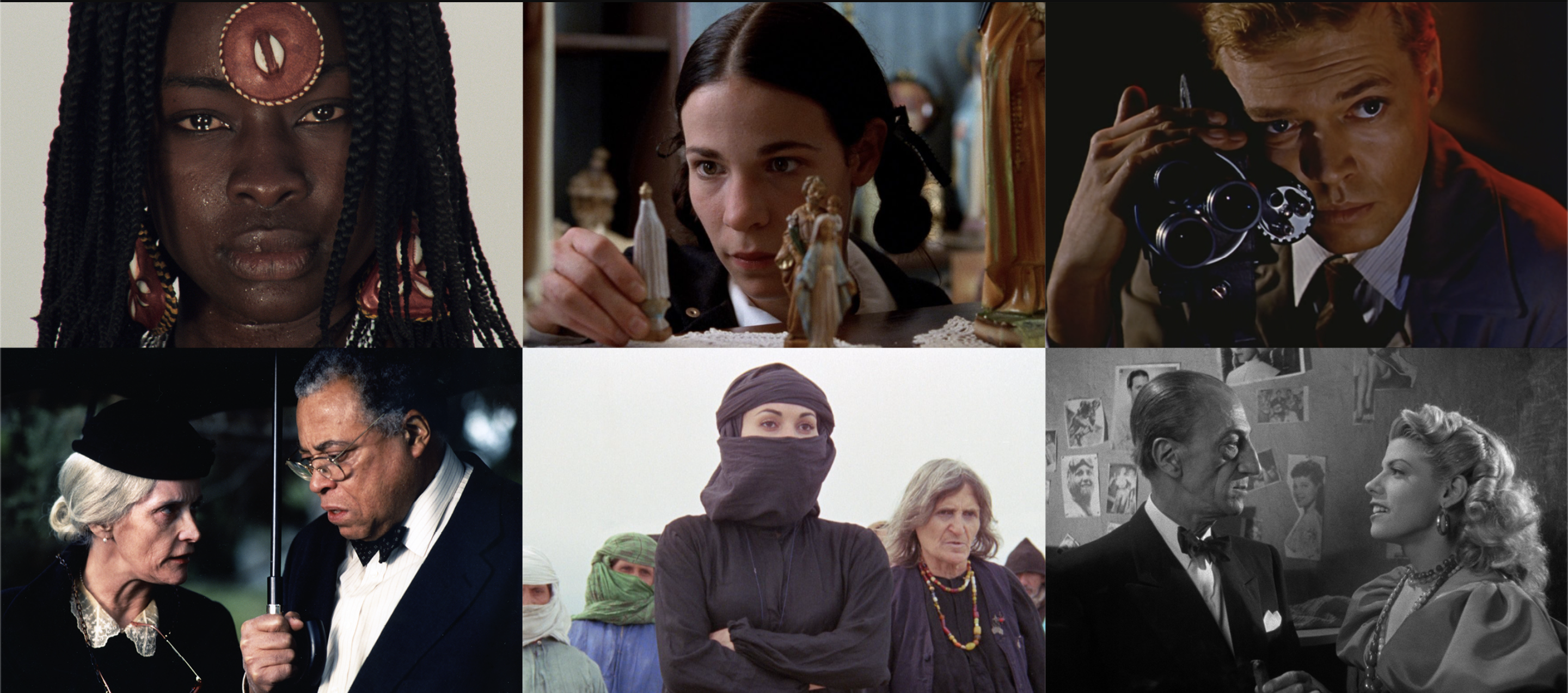READ >> Robert Towne on the Plight of Screenwriters
No matter what is said about how a movie gets made, one fact is inescapable:
until the screenwriter does his job, nobody else, like actors, can do theirs.
Until the screenwriter does his job, nobody else has a job. In other words,
he is the asshole who keeps everybody else from going to work.


